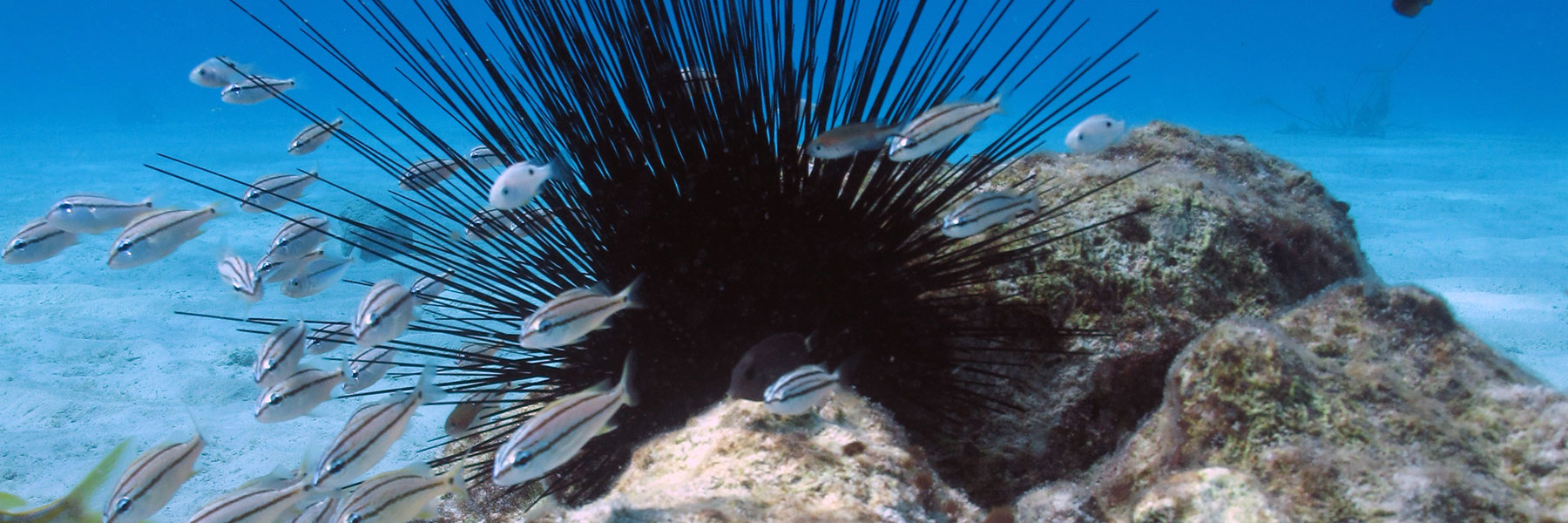Objectives of the Course
We will analyze and synthesize the ecologic and environmental context for long-term biotic associations in the reef ecosystem. By the semester’s end you will have up-to-date knowledge on the state of reefs through their natural geologic history to the present day, with scientific backing for predictions of future reef scenarios. The semester’s focus will be on developing critical thinking skills to augment your classroom learning and, if appropriate, your broader research objectives. Your writing goal will be to integrate concepts learned during the semester into your homework assignments, in-class exercises, and examination responses.
Lecture, in-class small group exercises, class discussions, videos, fossil samples, identification keys, and data from targeted websites and journal readings will comprise our course meetings. As will become clear during the semester, both writing and speaking skills will be sharpened. Bloom’s Taxonomy of Learning is an invaluable guide for tracking your progress from memorization through synthesis and evaluation of scientific material. Learning objectives will be assessed through a mid-term examination, coral identification examinations, in-class exercises and presentations, homework assignments, a scientific reflection using the scientific method, and a final comprehensive examination.


